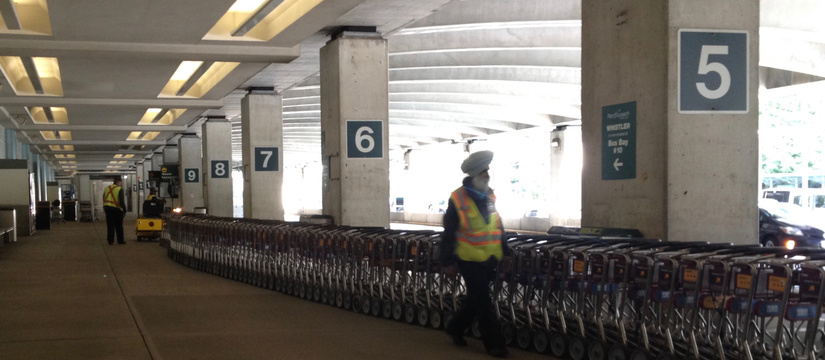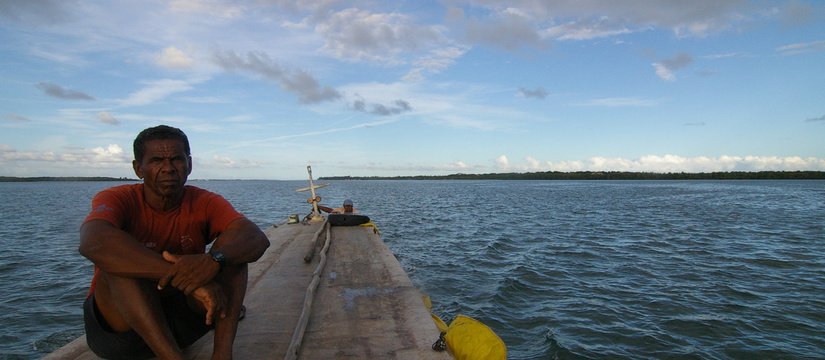移住者にとっての境界線と人権
What Do Borders and Human Rights Mean for Migrants?
日本拠点代表者 Principal Investigator in Kobe University:
- 桜井 徹 Tetsu SAKURAI
- (神戸大学国際文化学研究科教授 Professor, Graduate School of Intercultural Studies)
相手国拠点代表者 Principal Investigator in the Oversea Partner University:
- Kolja RAUBE
- (Senior Researcher, Leuven Centre for Global Governance Studies, University of Leuven)
基本的人権の根拠がますます普遍的な人間的属性に置かれるようになった一方、主権原理に基づく国家の入国管理権が自明視されている現代世界では、各々の主権国家は、「境界線を乗り越えようとする移住者をいかに処遇すべきか」という難題に直面している。とりわけ自由民主主義国家は、移動の自由や社会権という人権を、国民の成員資格の“限界”と何とか折り合わせなければならない。普遍的人格と個別的なナショナル・アイデンティティとを基礎とする2つの矛盾する倫理的要請をいかにして調整できるのか。現代のEU 諸国も突き付けられているこの課題に、共同討議の場で相互批判を重ねつつ、多くの当事者がより納得できる解答を練り上げていく予定である。
Contemporary advanced countries in Europe, for example, are confronted with a dilemma between the widely held values of basic human rights and the principle of national sovereignty. On the one hand, after the Second World War, it has become more and more imperative to locate the source and legitimacy of rights in the transnational, universalized order. On the other hand, the huge influx of immigrants into the EU in these years has impressed on us an unwaning significance of national borders. We hope to explore the meanings and possible exits of this serious dilemma in this subgroup. We plan to exchange views on these problems that contemporary liberal democracies are facing and find a solution that we hope will satisfy many of the parties involved.






